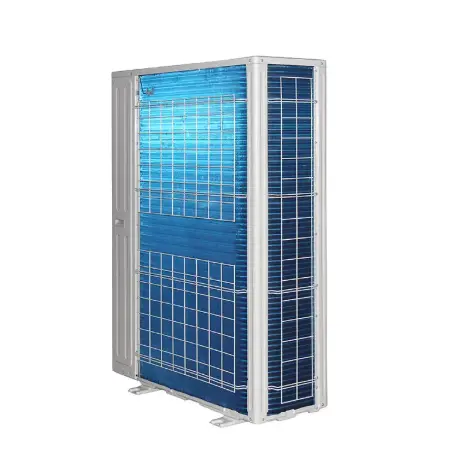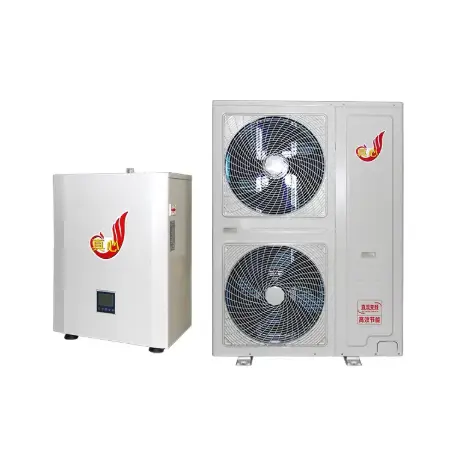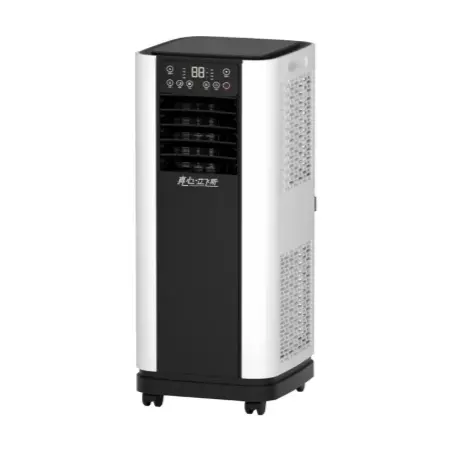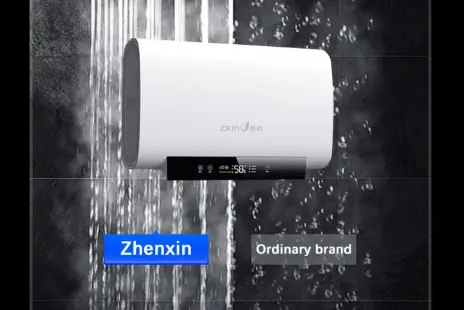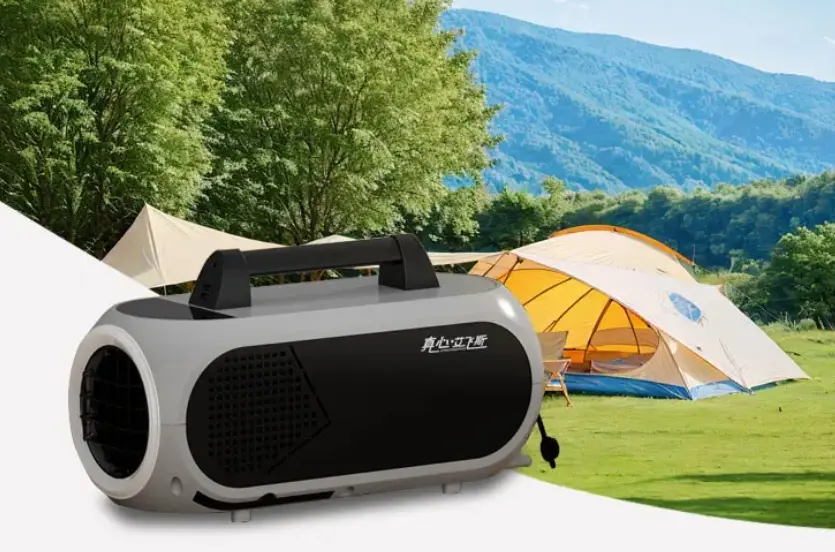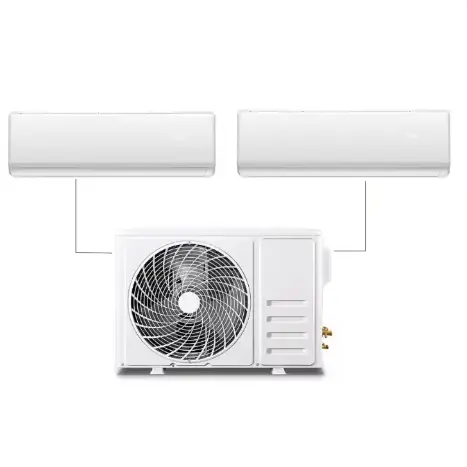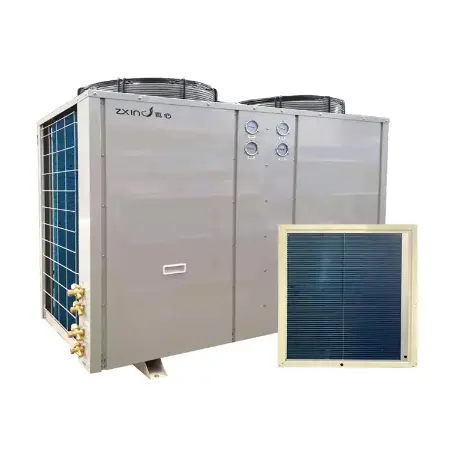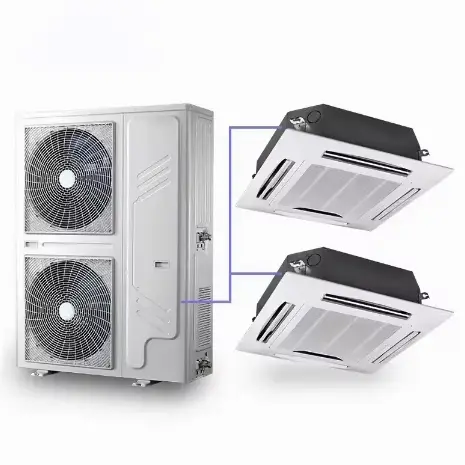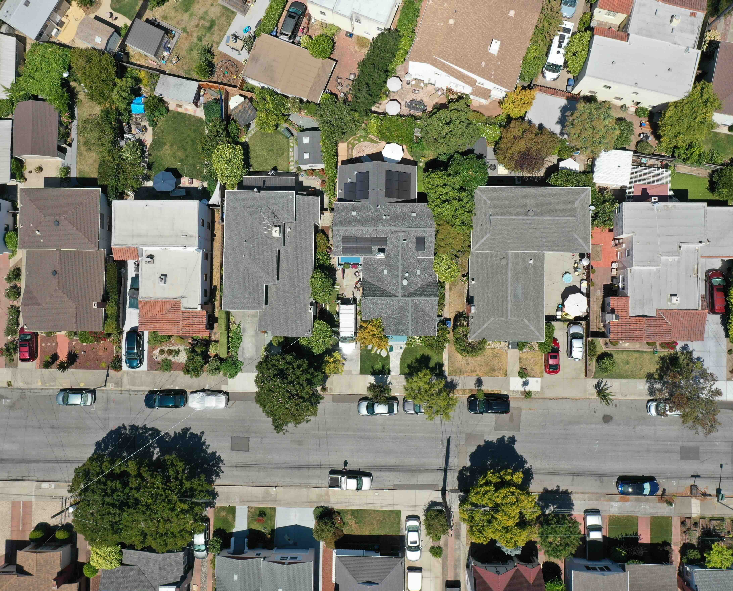How to choose the best heat pump for your home
Choosing the right heat pump is essential to creating a comfortable home environment. With so many Heat Pumps on the market, it can be difficult to decide which one is best for your home. This guide will help you make your selection by highlighting the key factors to consider.
1. Choose the type: pipeline or non-pipeline
The first step in choosing a heat pump is to decide whether it will be a ducted or ductless system. Ducted heat pumps are ideal for homes with existing ductwork and provide efficient heating and cooling throughout the house. They are generally better suited for larger spaces and are able to maintain a consistent temperature across multiple rooms.
On the other hand, ductless heat pumps (also called mini-split systems) are ideal for homes without ductwork or homes that require heating or cooling of specific areas. These systems consist of an outdoor unit and one or more indoor units that allow for targeted temperature control. Ductless systems are generally more energy efficient and are a good choice for homes that want to avoid the costs associated with installing a ductwork system.
2. Choose compressor and fan type: single speed or variable speed
The next thing to consider is the type of compressor and fan. Single-speed heat pumps operate at a fixed speed, turning on and off as needed. While they can be effective, they may not be the most energy-efficient solution, especially when the weather is unpredictable.
A variable-speed heat pump, however, adjusts its speed based on heating or cooling demand. This flexibility can provide a more consistent temperature and improve energy efficiency, which can lower utility bills. A variable-speed heat pump is often the best choice for homes that want to maximize comfort and minimize energy costs.
3. Choose a smart thermostat
In today’s technologically advanced world, integrating a smart thermostat with your heat pump can improve your home’s energy efficiency. A smart thermostat allows you to remotely control your Heating And Cooling systems, set schedules, and monitor energy usage. Many models also learn your family’s habits over time to optimize performance, ensuring you’re comfortable when you need it most.
By choosing a heat pump that’s compatible with a smart thermostat, you can take advantage of advanced features to help reduce energy consumption and save money on your utility bills.
4. Partition Options
Zoning is another important factor to consider when choosing a heat pump. If your home has multiple floors or rooms that are used at different times, a zoning system can help you keep comfort in specific areas without wasting energy in unused spaces.
The zoning option lets you control the temperature in different areas of your home independently, ensuring every family member is comfortable. This feature is especially useful for large families or homes with varying heating and cooling needs.
5. Air filtration: Keep your home air clean
Finally, consider the heat pump’s air filtration capabilities. A good heat pump should not only provide heating and cooling, but it should also improve indoor air quality. Choose a model that comes with an advanced air filtration system to help remove allergens, dust, and other pollutants from the air.
Clean air is essential to your family’s health, especially if you suffer from allergies or respiratory problems. Investing in a heat pump with HEPA filtration can help create a healthier living environment.
in conclusion
Choosing the best heat pump for your home requires careful consideration of a variety of factors, including system type, compressor and fan type, smart thermostat compatibility, zoning options, and air filtration capabilities. By taking the time to evaluate these areas, you can ensure that your heat pump meets your family’s needs for comfort, efficiency, and health. By choosing the right heat pump, you can create a comfortable home that your family will enjoy for years to come.


